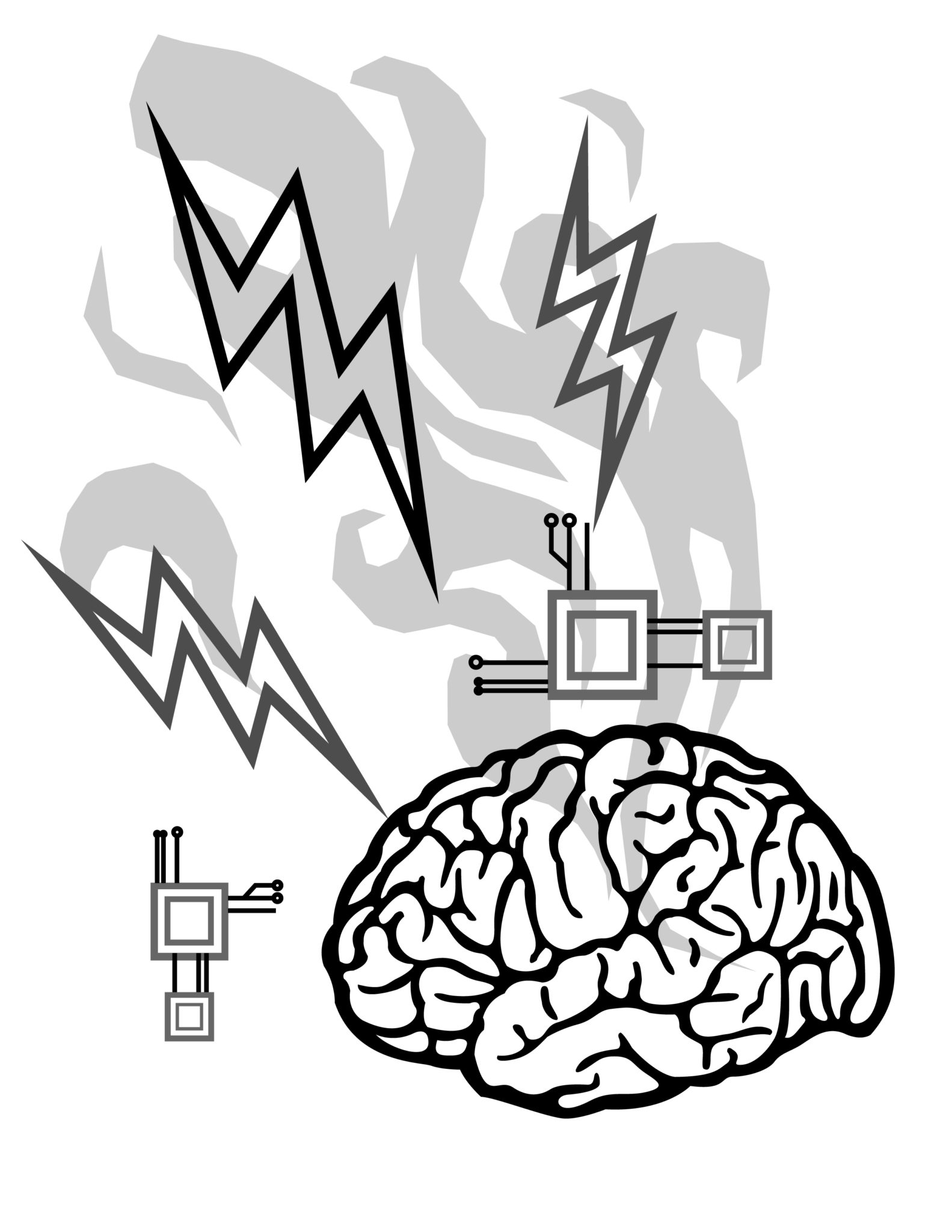
As a graduate student studying molecular biology at Yale, Jonathan Rothberg GRD ’91 found that he had few ways of pursuing a career in science after graduating. The only path, it seemed, was to become a professor at a university. Twenty years later, and now a successful medical entrepreneur, Rothberg is hoping to effect change by helping students recognize that they can “do good science” in both academic and commercial settings — that they can be both scientists and entrepreneurs.
In collaboration with the Tsai Center for Innovative Thinking at Yale, Rothberg has founded the Rothberg Catalyzer Prize, which allocates funding to students looking to develop an innovative hardware solution to a medical challenge and make an impact on society and health care. In its initial stages, the Rothberg Catalyzer will provide $100,000 a year for three years to each of four universities: Yale, Brown, Carnegie Mellon and the University of Pennsylvania.
“The Prize is bringing together the maker movement — in which people build things all over the world — and hackathons. The Rothberg Catalyzer might be the first makerthon,” Rothberg said. “It will provide a pathway for students to work on a team, build a product that has a societal impact and meet people in the entrepreneurial world.”
Inspired by the Yale Healthcare Hackathon, Rothberg hoped to create a new initiative to promote innovation in both hardware and software. He asked: Why not take the concept of a hackathon — where people solve problems with software — and target a combination of a device and software?
For example, Rothberg explained, a team can design software to be used with a device such as an Apple Watch or Fitbit to detect seizures. Rothberg, whose daughter has epilepsy, said that this disorder in particular is one that he hopes students may potentially target for the Prize.
At Yale, finalists for the Prize will compete at Startup Yale from April 16 to 20, a five-day entrepreneurship event that features finalist pitches for prizes across the University in areas of health, education, environment, equality and sustainability. Startup Yale is the biggest day at Yale of entrepreneurial prizes aimed at students, in which more than $125,000 is awarded, according to Cassandra Walker Harvey, the program director for social entrepreneurship at Tsai CITY.
“We are very excited to add the Rothberg Prize to Startup Yale,” Harvey said. “Having the Rothberg Prize as a key part of this day will enable students working on amazing medical innovations to be highlighted and celebrated.”
As the founder of 4Catalyzer, an incubator that provides biomedical start-ups with financial support and mentorship, Rothberg emphasized the importance of entrepreneurial pursuits at the intersection of medicine and computer technology.
One of the most meaningful aspects of the Prize, Rothberg said, is that it is aimed at undergraduates. Unlike longtime researchers and professionals, undergraduates don’t have the extensive experience or knowledge of industrywide failures — which often hamper the imagination — he said.
“Students have the greatest ability to have the greatest impact, because they’re not burdened with all that can’t be done,” Rothberg said. “A junior at Yale doesn’t know all the things that don’t work, doesn’t know that something’s impossible.”
Prizes such as the Rothberg Catalyzer Prize — along with the four other $25,000 entrepreneurship prizes to be awarded at Startup Yale — spur students to take their ideas to the next level, Harvey added.
Because each participating university has discretion in distributing the $100,000, Rothberg said he hopes the four universities can collaborate each year to determine the most effective use of the prize money. This year, while $25,000 is the prize to be awarded for one winning team at Yale, Penn will award a $10,000 prize and two smaller prizes. He added that a long-term endowment is a possibility for universities that show success in these first few years.
Ben Rosenbluth ’16, who is organizing the prize among the universities, is currently discussing a potential makerthon competition among all four institutions, according to Rothberg.
At the 2018 Yale Healthcare Hackathon, a team of high schoolers won the $2,500 4Catalyzer Prize for their idea to simplify complicated lab diagnoses using a 1–10 scale.
Amy Xiong | amy.xiong@yale.edu







